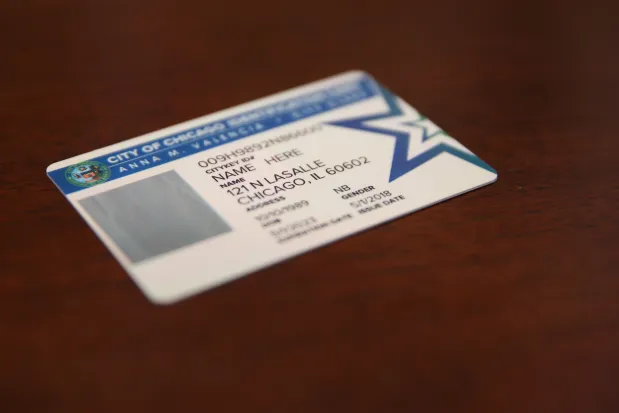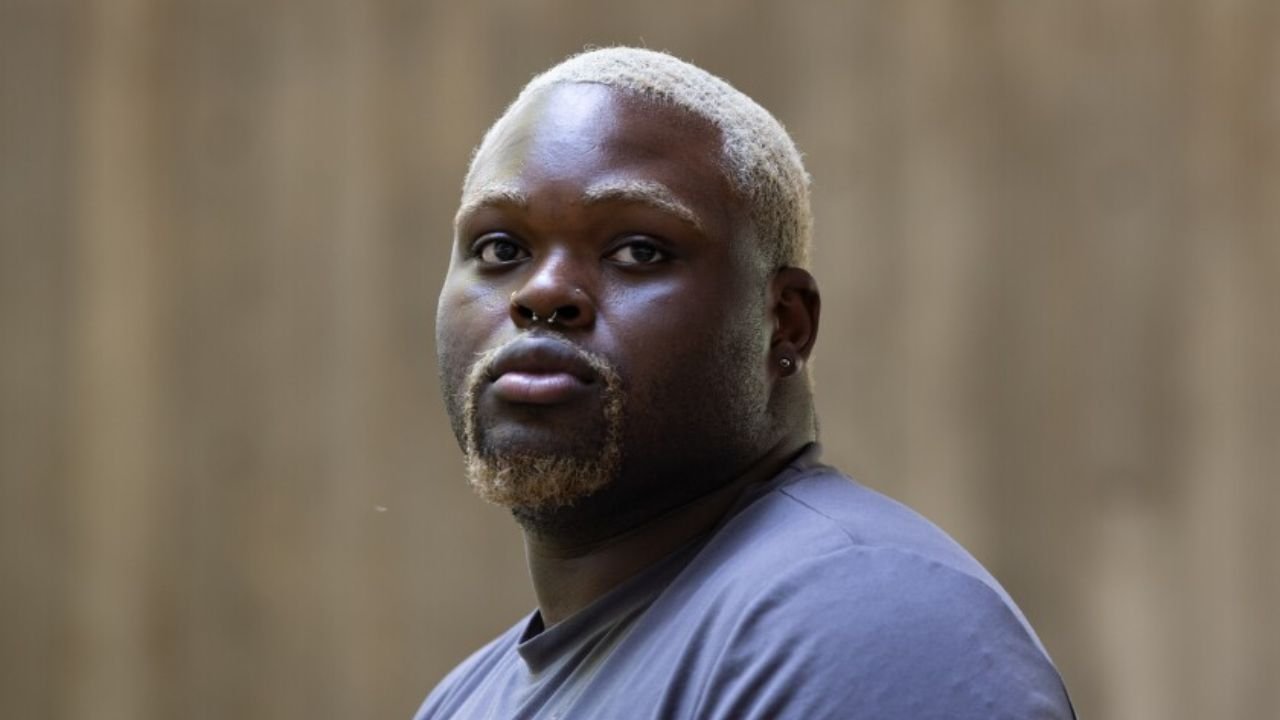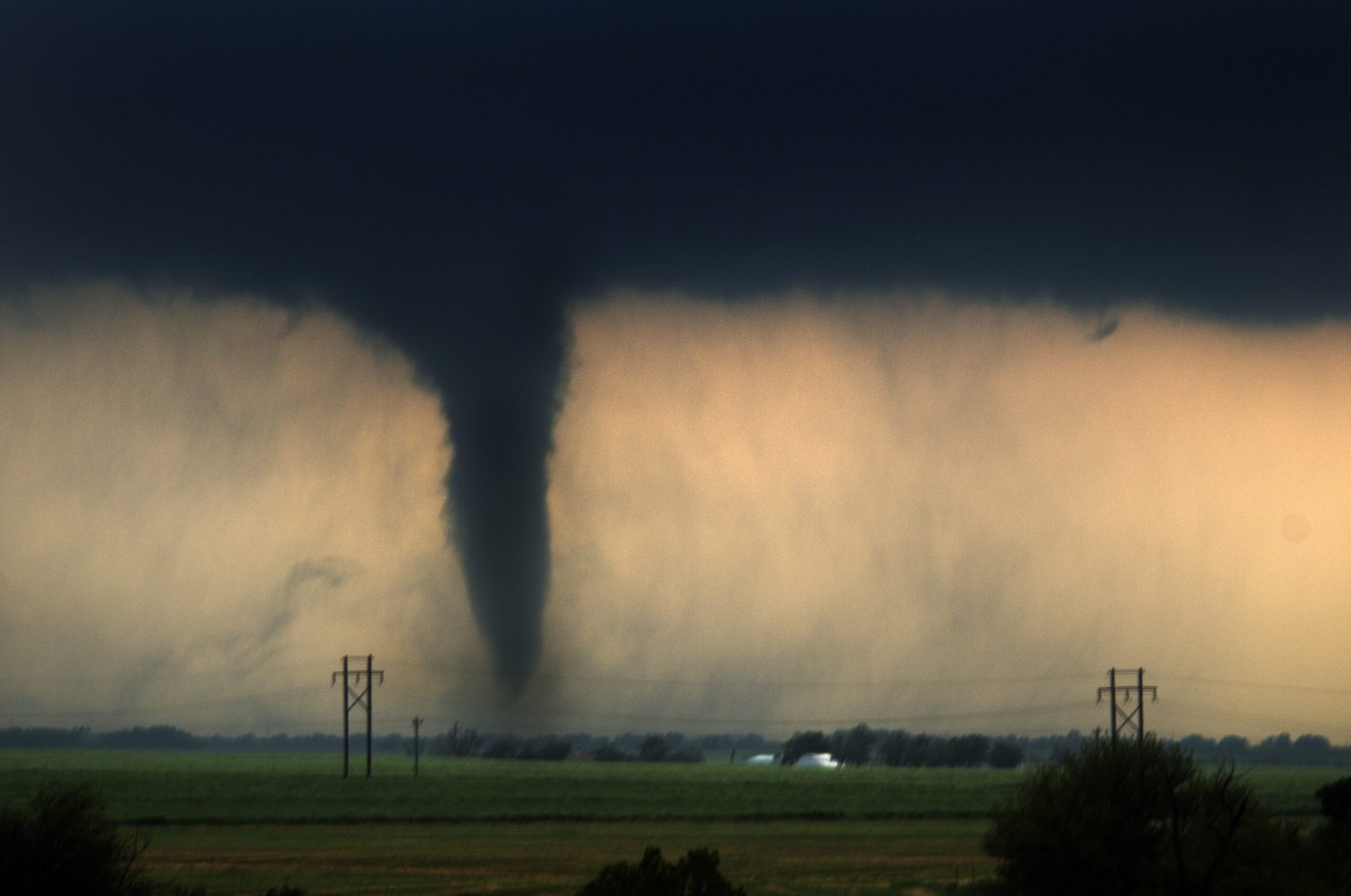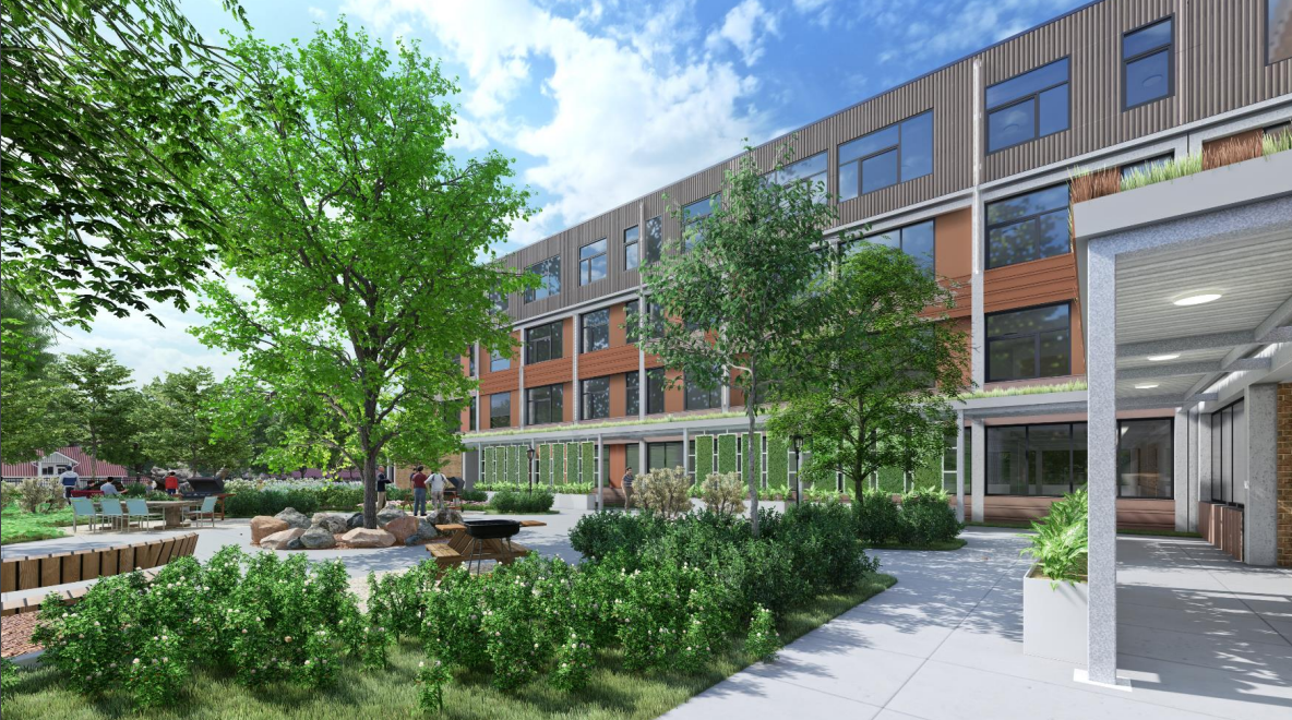CHICAGO — Calls to the Illinois Domestic Violence Hotline surged to record levels in 2024, with nearly 60,000 contacts made statewide — a 26% increase from 2023 and a staggering 140% jump from pre-pandemic levels, according to a new report by The Network: Advocating Against Domestic Violence.
While the increase reflects greater awareness and willingness to seek help, advocates say the primary driver is a crisis-level shortage of safe housing, especially in Chicago and surrounding suburbs.
Survivors Face Dangerous Waits for Shelter
Last year, there were:
-
130 days in Chicago when no shelter beds or cribs were available
-
173 days in the suburbs with zero space for survivors and their children
In many cases, survivors were forced to sleep:
-
On relatives’ floors
-
Inside police station lobbies
-
In cars or general homeless shelters, where domestic violence-specific support is not available
“They’re staying in dangerous situations not because they want to, but because there’s nowhere to go,” said Tessa Kuipers of Family Rescue on Chicago’s South Side.
Suburban Hotlines See Alarming Uptick
The hotline received 18,830 contacts from Chicago alone, but the suburban crisis is now outpacing city capacity. Zip codes in South Chicago, South Deering, and East Side reported the highest call volumes, but neighboring areas like Berwyn, Cicero, Oak Lawn, and Des Plaines are also being affected.
“Survivors aren’t calling once,” said Shelby Hoffman Binder of The Network. “They’re calling seven times a week, just trying to find a bed.”
Emergency Hotel Stays Help — But May Not Last
The Network’s Crisis Housing Program temporarily placed 670 survivors in hotels in 2024, covering nearly $800,000 in costs. But this program relies heavily on federal American Rescue Plan Act funding, which is set to expire.
Without continued support from the state and city, advocates warn the system will collapse under growing demand.
Downstate Beds Are Often Inaccessible
While more shelter beds are available in central and southern Illinois, those options come with logistical challenges. Many survivors lack access to:
-
Personal vehicles
-
Long-distance public transit
-
Emergency relocation assistance
This leaves many stuck in dangerous environments near home or turning back to abusers when shelter is unavailable.
What Should Illinois Do Next?
Do you think the state should fund more shelter beds in Chicago’s suburbs? Have you or someone you know faced barriers getting help? Share your experience or thoughts in the comments at ChicagoSuburbanFamily.com. Your voice helps bring attention to solutions.
If you or someone you know is in danger, the Illinois Domestic Violence Hotline is available 24/7 at (877) 863-6338.











